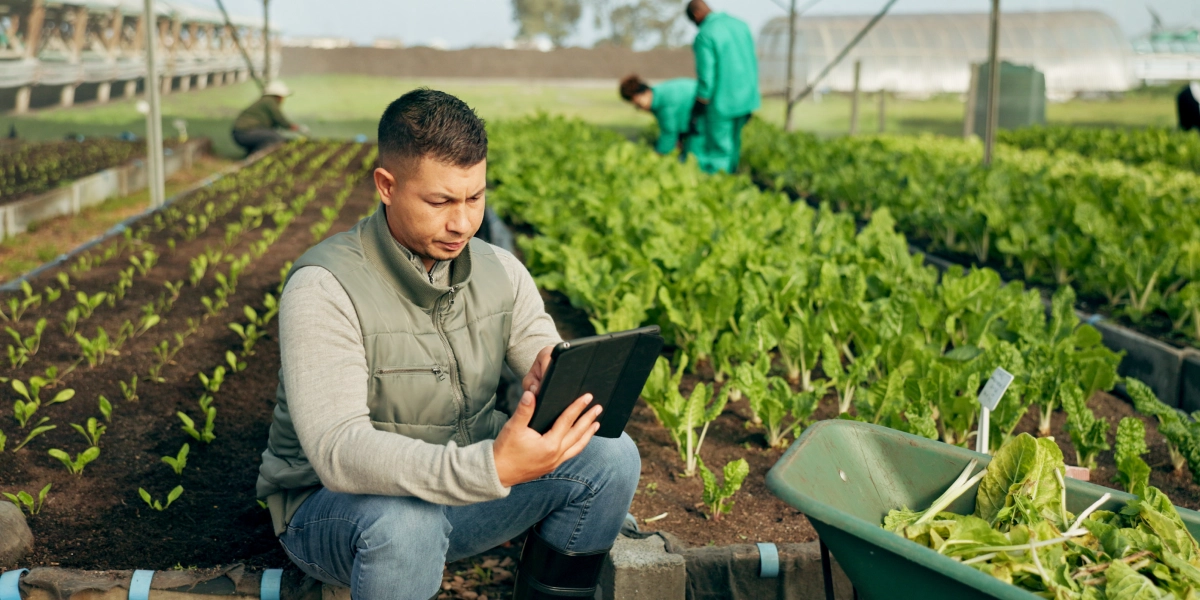Agricultural cooperatives are at the heart of UK farming. By pooling resources, farmers reduce costs, gain better access to markets, and strengthen their position in competitive supply chains. These co-ops take many forms, including dairy groups supplying milk to processors, grain storage collectives managing shared silos, and machinery rings that allow members to hire equipment at a lower cost. While this collaborative model brings clear benefits, it also creates complex financial management needs. At Apex Accountants, we work closely with farming cooperatives across the UK to address these challenges. Our expertise in digital bookkeeping for cooperative farms, VAT compliance, and agricultural reporting ensures that co-ops remain financially stable, compliant with HMRC rules, and fully prepared for Rural Payments Agency (RPA) requirements.
This article explains how digital bookkeeping supports cooperative farms in practice. It highlights how accurate financial records, transparent reporting, and integrated systems not only reduce errors but also help members make informed collective decisions.
Precision in financial records
Paper systems struggle with the complexity of member transactions. For example, dairy co-ops must track milk volumes delivered by each farmer, while machinery rings record hourly equipment hire across dozens of members. Bookkeeping software for agricultural co-ops, such as Xero and QuickBooks enable real-time data entry, reducing manual entry errors by up to 70%. This accuracy ensures sales, shared costs, and member balances remain reliable.
VAT compliance for cooperatives
Agricultural co-ops face complicated VAT treatment. Grain storage groups may have a mix of exempt storage income and standard-rated sales, while machinery rings typically charge VAT on equipment hire. HMRC requires digital VAT submissions under Making Tax Digital (MTD). Software automates VAT calculations and can cut time spent on VAT returns by 50%. Apex Accountants provides bookkeeping solutions for agricultural cooperatives that follow HMRC rules on partial exemption and match the reporting requirements of the Rural Payments Agency (RPA) for subsidy claims.
Transparency for members
Trust underpins cooperative models. Digital bookkeeping provides detailed, accessible reports so members can see how funds are allocated. For example, one machinery ring we advised used quarterly digital reports to show fuel, maintenance, and labour costs. Members then voted collectively to purchase a new tractor, confident in the financial data presented. This transparency strengthens governance and supports democratic decision-making.
Cash flow and budgeting
Seasonality is a constant challenge. Dairy co-ops receive steady income, but grain groups rely on harvest sales concentrated in a few months. Digital bookkeeping produces forecasts that anticipate shortfalls and guide borrowing needs. Automated cash flow reports support budgeting for fertiliser, seeding, or machinery servicing. Apex Accountants applies bookkeeping solutions for agricultural cooperatives to generate accurate forecasts and protect liquidity.
Integration with wider systems
Bookkeeping software for agricultural co-ops connects directly with payroll, banking, and inventory systems. For co-ops employing staff or managing storage facilities, integration eliminates duplication and ensures management decisions are based on up-to-date figures. It also creates a digital audit trail, which is essential when applying for RPA subsidies or development loans.
Supporting audits and funding
Accurate records are critical when approaching lenders or grant bodies. Digital systems retain clear audit trails, showing income distribution and compliance with HMRC and RPA rules. This credibility improves the chances of securing funding for expansion projects.
Case study: Supporting a grain storage cooperative
Apex Accountants recently worked with a grain storage cooperative in Yorkshire, handling more than £4 million in annual turnover. The group previously relied on spreadsheets, which made it difficult to track member contributions and allocate storage costs. VAT treatment on mixed income streams also caused errors in quarterly returns.
We introduced a cloud bookkeeping platform tailored to agricultural operations. The system automated VAT, produced digital reports for members, and integrated with the co-op’s inventory software. As a result, time spent on VAT returns fell by 45%, and member queries about balances reduced significantly. At the annual meeting, transparent reports gave members the confidence to approve investment in new drying equipment worth £250,000, supported by accurate cash flow forecasts.
Why Digital Bookkeeping for Cooperative Farms Matters
Digital bookkeeping has become a cornerstone of efficient and transparent cooperative farming in the UK. It improves accuracy, reduces compliance risks, strengthens cash flow management, and gives members the clarity needed to make collective investment decisions with confidence. By adopting modern systems, co-ops can spend less time on administration and more time driving agricultural productivity.
Apex Accountants provides tailored digital bookkeeping solutions for dairy cooperatives, grain storage groups, and machinery rings, ensuring financial stability and regulatory compliance.
Contact us today to see how we can support your cooperative farm with smarter bookkeeping solutions.



